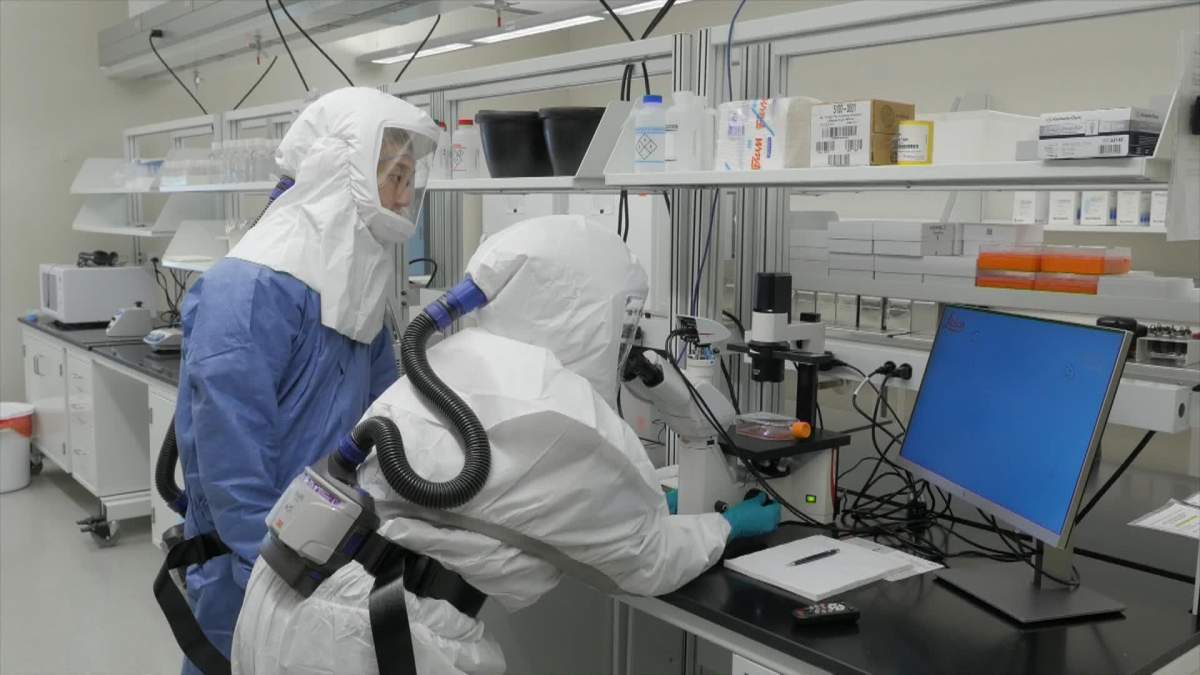McMaster University and the University of Saskatchewan are joining forces in the fight against COVID-19.

Officials with both universities say they have signed a partnership agreement to accelerate vaccine and drug development, human and animal clinical trials and to create new diagnostic tools.
The partnership involves research facilities at USask’s Vaccine and Infectious Disease Organization in Saskatoon and Canada’s Global Nexus for Pandemics and Biological Threats based at McMaster in Hamilton.
“The complex challenges of pandemics will only be solved by this type of partnership,” Gerry Wright, lead at Global Nexus, said Thursday in a statement.
“Canada’s Global Nexus and VIDO’s research strengths, which span human and animal health, are deep and complementary and by bringing together our collective expertise, global networks and industry partnerships, we have the strength and track record to protect Canadians from COVID-19 and future pandemics.”
VIDO and Global Nexus are among the only centres in the country with specialized containment facilities, equipment and research expertise necessary to quickly isolate pathogens, officials said.

Get daily National news
“Collaboration is essential to rapidly respond to emerging infectious diseases,” VIDO director and CEO Dr. Volker Gerdts said in a statement.
“As a Centre for Pandemic Research, VIDO is glad to collaborate with Canada’s Global Nexus to leverage our complementary scientific expertise and infrastructure to help prepare Canada for the next pandemic.”
VIDO is looking to upgrade to a Level 4 containment facility and build a manufacturing plant capable of producing 20 to 40 million vaccine doses yearly.
The $65-million project has received funding in principle from the Saskatchewan government and the City of Saskatoon and is awaiting word on $45-million in funding from the federal government.
Clinical trials for a COVID-19 vaccine candidate developed at VIDO are also underway.
The placebo-controlled study at the Canadian Center for Vaccinology in Halifax will administer two doses of COVAC-2 to 108 adult volunteers 28 days apart.
COVAC-2 is a subunit vaccine containing purified viral proteins that are not infectious, and employ technology already used in vaccines for hepatitis, diphtheria and whooping cough.







Comments
Want to discuss? Please read our Commenting Policy first.